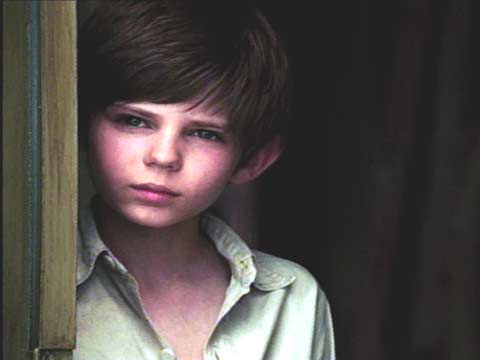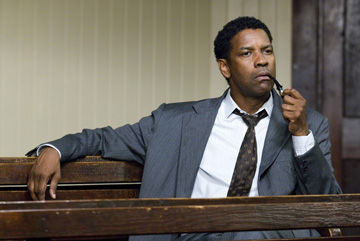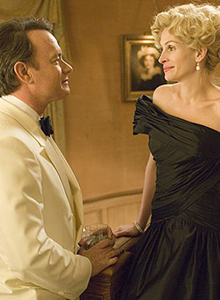Fugitive Pieces
Posted on May 15, 2008 at 3:00 pm
B| Lowest Recommended Age: | High School |
| MPAA Rating: | Rated R for some sexuality. |
| Profanity: | Some strong language |
| Alcohol/ Drugs: | Drinking, smoking |
| Violence/ Scariness: | Holocaust/wartime violence, sad deaths |
| Diversity Issues: | A theme of the movie |
| Date Released to Theaters: | May 16, 2008 |
 In this impressionistic, rose-and honey-toned memory piece, young Jacob hides from the Nazis in 1941 Poland but his parents are killed and his sister is captured. The terrified boy is discovered by a Greek archaeologist, who takes him in and becomes a gentle, devoted surrogate father. Over the years, Jacob (played as an adult by Stephen Dillane) tries to make sense of his past and his present.
In this impressionistic, rose-and honey-toned memory piece, young Jacob hides from the Nazis in 1941 Poland but his parents are killed and his sister is captured. The terrified boy is discovered by a Greek archaeologist, who takes him in and becomes a gentle, devoted surrogate father. Over the years, Jacob (played as an adult by Stephen Dillane) tries to make sense of his past and his present.
He becomes a writer and marries the warm-hearted Alex (Rosamund Pike). But he continues to carry the ghosts of his past and she realizes that limits his ability to be close to her. “To live with ghosts requires solitude,†she tells him.
Jacob will have to endure additional losses to put his past in context and to find a way to make a deeper, more trusting connection. While it does not have the lyricism of the book’s limpid prose, it is a moving story, gently and sincerely told.

 In 1935, the debate team from a tiny all-black college took on the top white team in the country and they won. This is that story, Oprah-fied to be sure (Winfrey’s company produced the film), but powerfully told by director Denzel Washington, who also stars as the team’s coach, distinguished poet
In 1935, the debate team from a tiny all-black college took on the top white team in the country and they won. This is that story, Oprah-fied to be sure (Winfrey’s company produced the film), but powerfully told by director Denzel Washington, who also stars as the team’s coach, distinguished poet  Hillary Swank does not have the chin for romance or the rhythm for comedy. Her two Oscars were for earnest, androgynous roles (“Boys Don’t Cry” and “Million Dollar Baby”) that made the most of her strong jaw and lanky figure. Romantic comedies, even bittersweet ones about perky young widows learning to go on with their lives, need twinkle. Her character wears twinkly dresses and does twinkly things, but Swank delivers her lines as though she is still slamming into that heavy bag.
Hillary Swank does not have the chin for romance or the rhythm for comedy. Her two Oscars were for earnest, androgynous roles (“Boys Don’t Cry” and “Million Dollar Baby”) that made the most of her strong jaw and lanky figure. Romantic comedies, even bittersweet ones about perky young widows learning to go on with their lives, need twinkle. Her character wears twinkly dresses and does twinkly things, but Swank delivers her lines as though she is still slamming into that heavy bag. It is not easy to take a wealthy socialite, a powerful Congressman, and a CIA agent, have them played by three Oscar-winners, two who are genuine box office gold, and make them look like the underdogs, but in this “extraordinary story of how the wildest man in Congress and a rogue CIA agent changed the history of our times” (as put in the unusually accurate book subtitle), that is what they are.
It is not easy to take a wealthy socialite, a powerful Congressman, and a CIA agent, have them played by three Oscar-winners, two who are genuine box office gold, and make them look like the underdogs, but in this “extraordinary story of how the wildest man in Congress and a rogue CIA agent changed the history of our times” (as put in the unusually accurate book subtitle), that is what they are.